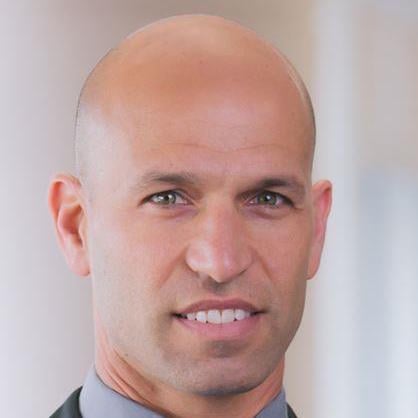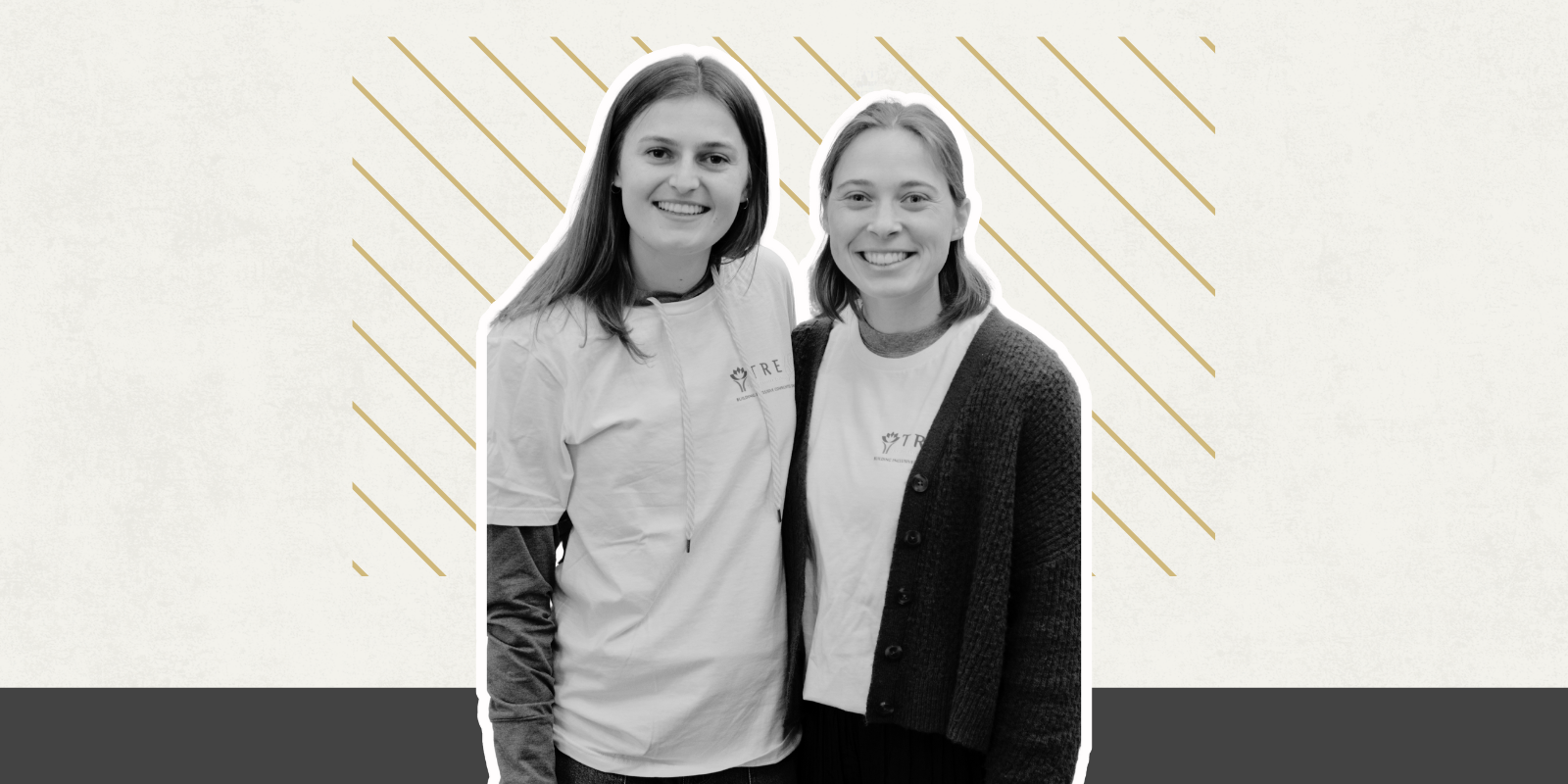With session titles like “Commando and Military Injuries: Late Night Stories,” “Surfing in the Olympics,” and “Cave Diving: The Deadliest Extreme Sport on Earth, or Not?,” you can tell this isn’t your average medical conference.
It’s the International Extreme Sports Medicine Congress presented by the Division of Sports Medicine in the University of Colorado School of Medicine Department of Orthopedics, and it brings together physicians and health care professionals who work with extreme sports athletes — as well as some of the athletes themselves — for two days of learning and outdoor adventures. Scheduled for May 20 and 21 at the St. Julien Hotel in Boulder, the conference is the brainchild of Omer Mei-Dan, MD, associate professor of orthopedics.
“It’s the only international extreme sports medicine comprehensive meeting that brings together extreme adventure sports enthusiasts from the medical and the nonmedical worlds to discuss care for the adventure sports athlete,” says Mei-Dan, a BASE jumper, extreme sports athlete, and former stuntman who joined the CU School of Medicine faculty in 2012.
“Some of them are physicians who work with athletes at the summer and winter Olympics; some of them are physicians for national teams, whether it’s ski racing or climbing in Europe and the United States,” he continues. “We have physicians who are experts in high-altitude medicine that covered expeditions to the Everest and Denali. We have people from so many different continents coming over, because they’re all so excited to come back to Boulder and to share ideas and experiences and develop new research projects.”
360-degree view and new opportunities with the pandemic
The conference takes a holistic look at extreme sports athletes, examining them from a physiological point of view, an orthopedic point of view, a psychological point of view, and even a hormonal point of view, Mei-Dan explains.
“We have a talk about skydiving during pregnancy — can you skydive when you’re pregnant?” he says. “We have people coming from South America, from Europe, and all of these providers across different subspecialties in medicine are coming together to talk about the adventure sports athlete. We also have a lot of local athletes who are coming to listen because they want to learn more about themselves and their injuries and how to prevent them.”
The first International Extreme Sports Medicine Congress took place in 2014; it ran in 2016 and 2018 and was scheduled for 2020, until the COVID-19 pandemic hit. In some ways the two-year delay was advantageous, Mei-Dan says — not only because a significant number of research studies on extreme sports athletes have been published over the past few years, but because the pandemic inspired a greater number of people to take up adventure sports, making care and treatment that much more important.
“People are going outside now more than ever,” he says. “We have more people going into the backcountry for skiing because the resorts were closed; we have more people running, climbing, and participating in these different types of sports than we have had in the past.”
Young adventurers
One particular focus of the conference is pediatric extreme sports medicine. Many young people have become involved in extreme sports in recent years, some at a very high level, Mei-Dan says.
“We have a specific session to talk about extreme sports in the Olympics,” he says. “If you look at Olympic skateboarding, climbing, or snowboarding, you saw on the podium individuals who were 13, 14, 15 years old. To get to that level of performance, how many hours of practice and training — how many injuries — do you have to go through? We will talk about these things from different angles, including stress and the emotional aspects. Some of these athletes are backing off from competing because they say it's just too stressful.”
For those physicians and health care professionals who want a firsthand look at what extreme sports are all about, the conference also features two rounds of guided outdoor activities including rock climbing, mountain biking, trail running, and paddle boarding.
“We feel that it’s really important for all the attendees, the health care providers, to see firsthand, what are these sports that we are talking about?” Mei-Dan says. “Most of them know some or many of these sports, but not all of them live in a place like Colorado. So we take them for a taste of climbing, mountain biking, trail running to enable them to understand better what we’re talking about during the conference.”
For more information on the International Extreme Sports Medicine Congress, visit the CU Department of Orthopedics website.




